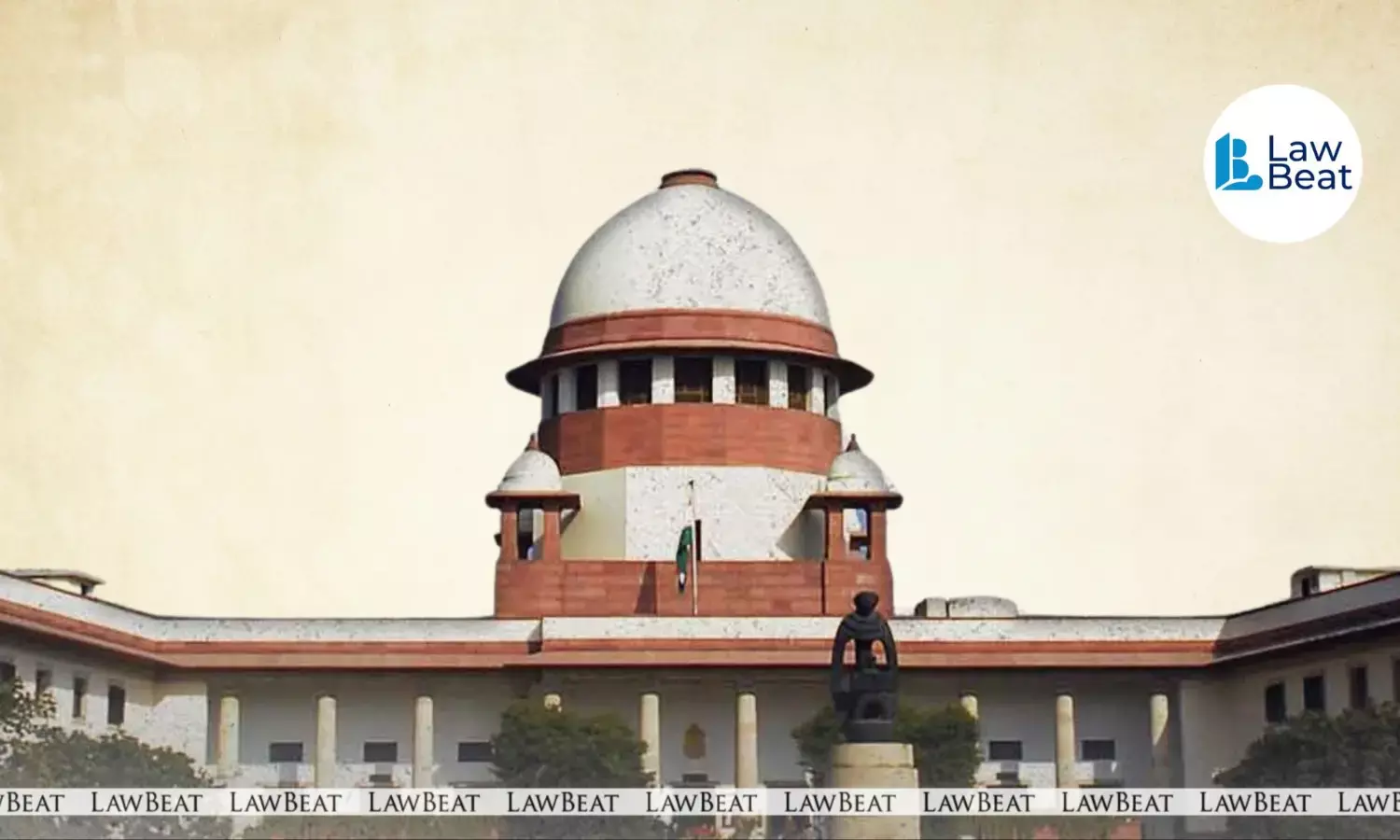PIL in SC Seeks SIT Probe into Alleged Fake Voters in Bengaluru Central

A PIL has been filed before the Top Court seeking inquiry into alleged large scale manipulation of the electoral rolls in Bengaluru Central constituency during the 2024 Lok Sabha elections.
The petitioner claims that prima facie verification of allegations raised earlier by Leader of Opposition Rahul Gandhi revealed over 40,000 invalid voters and more than 10,000 duplicate entries in the constituency. Instances of individuals possessing multiple EPIC numbers across states, voters with identical addresses and fathers’ names, and nearly 80 voters being registered at the same small residence were cited as examples.
According to the petitioner, such anomalies raise grave doubts about the authenticity of the rolls and point to deliberate manipulation aimed at influencing electoral outcomes.
It is argued that such tampering violates Articles 325 and 326 of the Constitution, which enshrine the principle of “one person, one vote,” and undermines Article 324, which mandates the Election Commission to conduct free and fair elections. The petitioner submits that this dilution of lawful votes also infringes Articles 14 and 21 by denying citizens equality before law and the right to meaningfully participate in democratic governance.
In support, reliance was placed on Mohinder Singh Gill v. Chief Election Commissioner, where the Supreme Court observed;
“At the bottom of all tributes paid to democracy is the little man, walking into a little booth, with a little pencil, making a little cross on a little bit of paper.”
Moreover, Kuldip Nayar v. Union of India, where the Court stressed that free and fair elections must not be “hijacked by mob muscle methods, or subtle perversion of discretion by men dressed in little, brief authority.”
The petitioner broadly asserts that the right to information is an essential emanation of Article 19(1)(a) and only when citizens are informed can democracy be truly participatory.
Further, the right to privacy includes the right to informational self-determination, which extends to how the State records and manages personal data; Electoral rolls, being the most fundamental database of citizenship in the context of franchise, must therefore be subject to transparency and scrutiny.
The petitioner further contends that by refusing to publish electoral rolls in accessible, readable formats and forcing citizens to scan documents manually, the Election Commission has erected artificial barriers to public verification; Such restrictions frustrate the right to informational self-determination and render citizen participation in the purification of rolls illusory.
It is also added that the Election Commission, as a constitutional authority under Article 324, is bound by the rule of law and principles of natural justice to transparently investigate credible allegations, provide reasoned responses, and allow meaningful public access to data constitutes a breach of its constitutional duty. The petitioner emphasises that “fairplay in action” is the standard in electoral matters, as recognised in Mohinder Singh Gill.
"It is an established position that provisions of the RPA, 1950 must be interpreted in a way that helps to achieve the constitutional goals. Sub-clauses (3) and (4) of Section 62 of the RPA, 1950 categorically prohibit a person from voting in more than one constituency or more than once in the same constituency, thereby declaring such votes as void. In the present case, it is argued that the grave allegations of duplicate and fictitious entries in the electoral rolls prima facie establishes that the electoral rolls were not prepared in accordance with the provisions of the RPA, 1950; and the allegations, if probed and established, create the real possibility of multiple or unlawful voting, thereby eroding the sanctity of the electoral process and undermining the trust and confidence of the public at large in the constitutional institutions", the petition reads.
The relief sought are as follows:
(i) Constitution of a Special Investigation Team under the supervision of the Court, headed by a retired Supreme Court judge;
(ii) Direction that no further revision or finalisation of electoral rolls be undertaken until compliance with the Court’s directions and completion of an independent audit;
(iii) Issuance of binding guidelines to ensure transparency, accountability, and integrity in the preparation, maintenance, and publication of electoral rolls;
(iv) Direction to the Election Commission of India to publish electoral rolls in accessible, machine-readable, and OCR-compliant formats to enable meaningful verification, audit, and public scrutiny; and
(v) Any other order deemed fit by the Court in the interest of justice.
Case Title: Rohit Pandey v. Union of India
